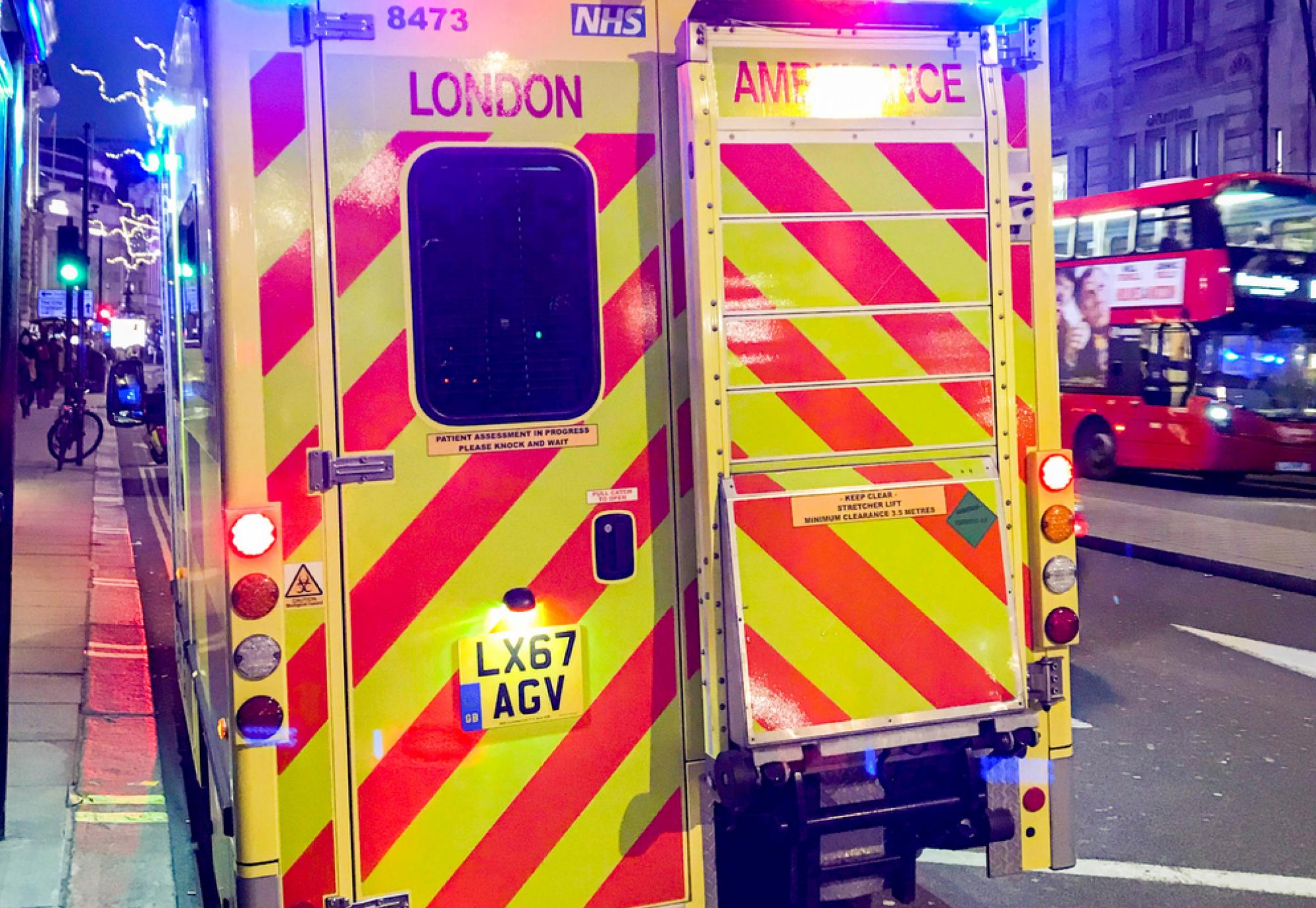Health leaders are fearing the worst ahead of next week’s strikes, as trusts prepare for record-breaking disruption with more than 88,000 appointments already postponed.
Unless the Government can come to an agreement with unions, leaders fear that such disturbance could “skyrocket” with Monday the 6th of February already set to see nursing and ambulance unions strike across nine regions in England – the most settings ever affected by a day of industrial action in the NHS’s 75-year history.
The next day will see nurses strike again on the 7th, with physiotherapists participating in the industrial action on the 9th and ambulance staff on the 10th.
Speaking ahead of health secretary Steve Barclay’s evidence session with the Health and Social Care Select Committee, which will focus on industrial action, NHS Providers’ interim Chief Executive, Saffron Cordery, said: “More than 88,000 patients in the NHS have now had their appointments postponed due to the strikes in the last seven weeks. The shocking scale of disruption is a direct result of pay disputes between the Government and unions.
“Trust leaders are worried this could skyrocket with more strikes, which is an outcome no one can afford as trust leaders try tirelessly to bring down the elective care backlog. Worryingly, this could be just the tip of the iceberg if strike action continues.
“For many trusts, Monday [6 February] will be the toughest challenge they’ve ever had as nurses and ambulance staff strike together for the first time, and in more places than before. Leaders are doing everything they can to prepare by putting plans in place to minimise effects on patients and making sure they can provide high-quality, timely care where possible. But without a resolution, disruption is inevitable.
“Nobody wants this to be happening, but staff feel they’ve been pushed to this by increasingly difficult working conditions including record-high staff vacancies, the cost-of-living crisis and the fallout from the pandemic. The daunting prospect of even more walkouts is especially worrying as the effects of a strike go well beyond the day itself. Demand piles up, and those who avoided services on the day of a strike often come forward with worse conditions later on.
“Strike escalation will cause serious and profound damage to the NHS in the long term. We need to do everything we can to ensure industrial action doesn’t become the new normal. The Government has the power to end this disruption right now by talking to the unions about working conditions and, crucially, pay for this financial year. Their reluctance to do so is getting in the way of efforts to tackle elective recovery for patients.”



















